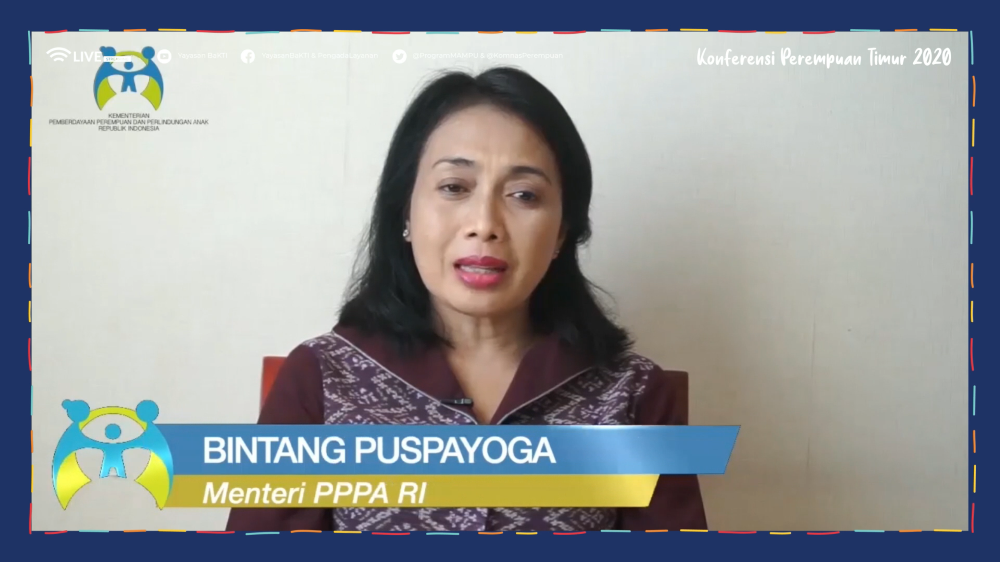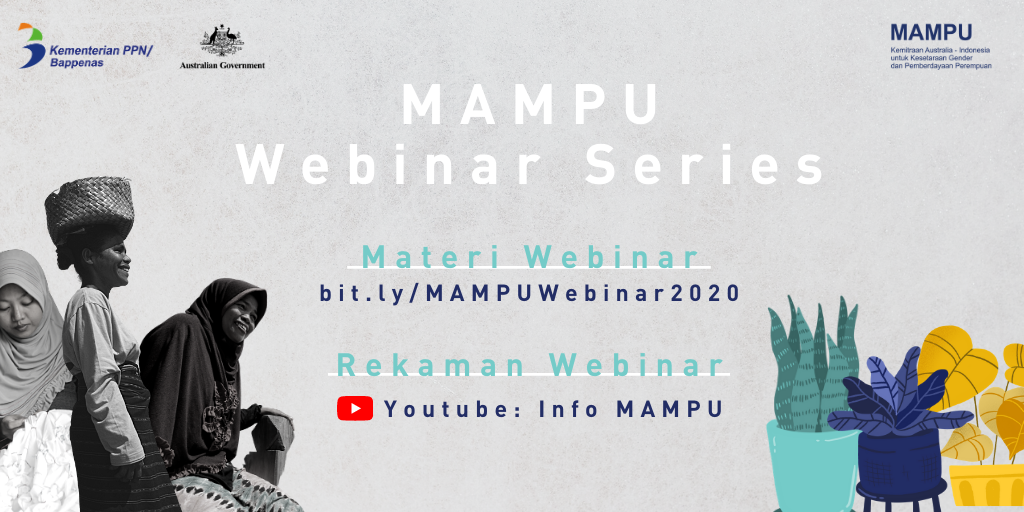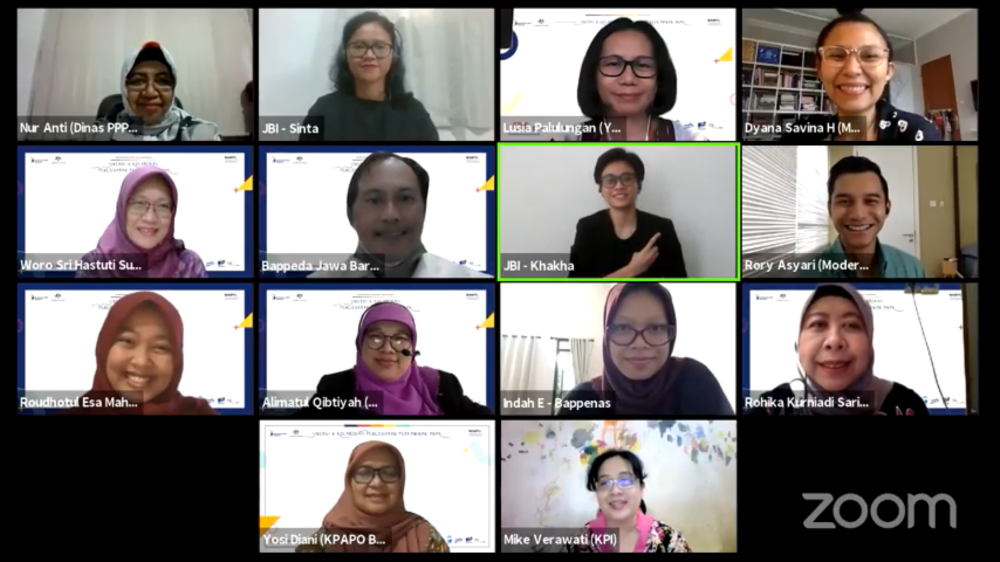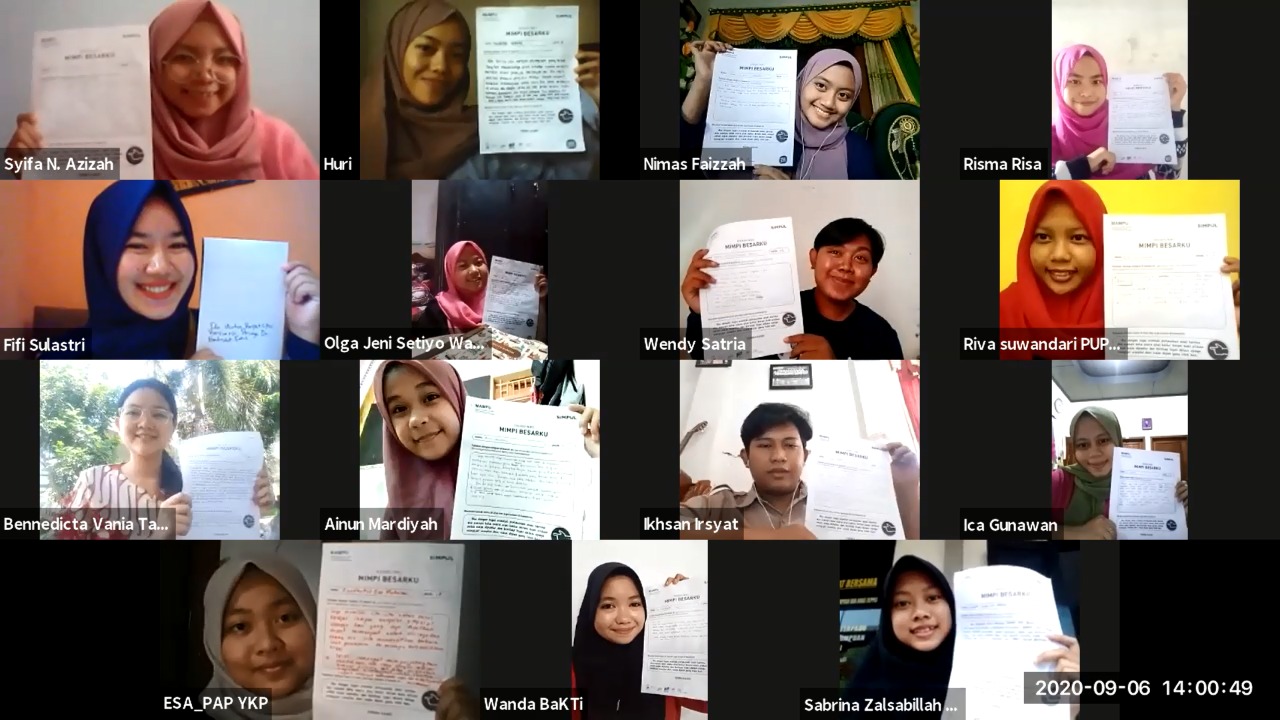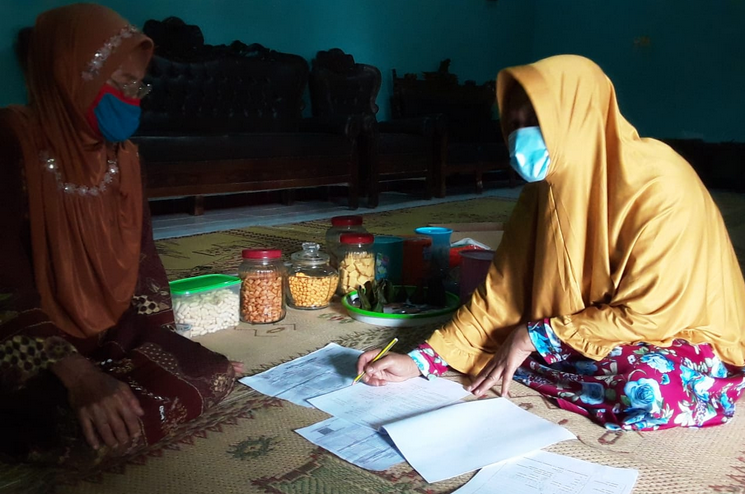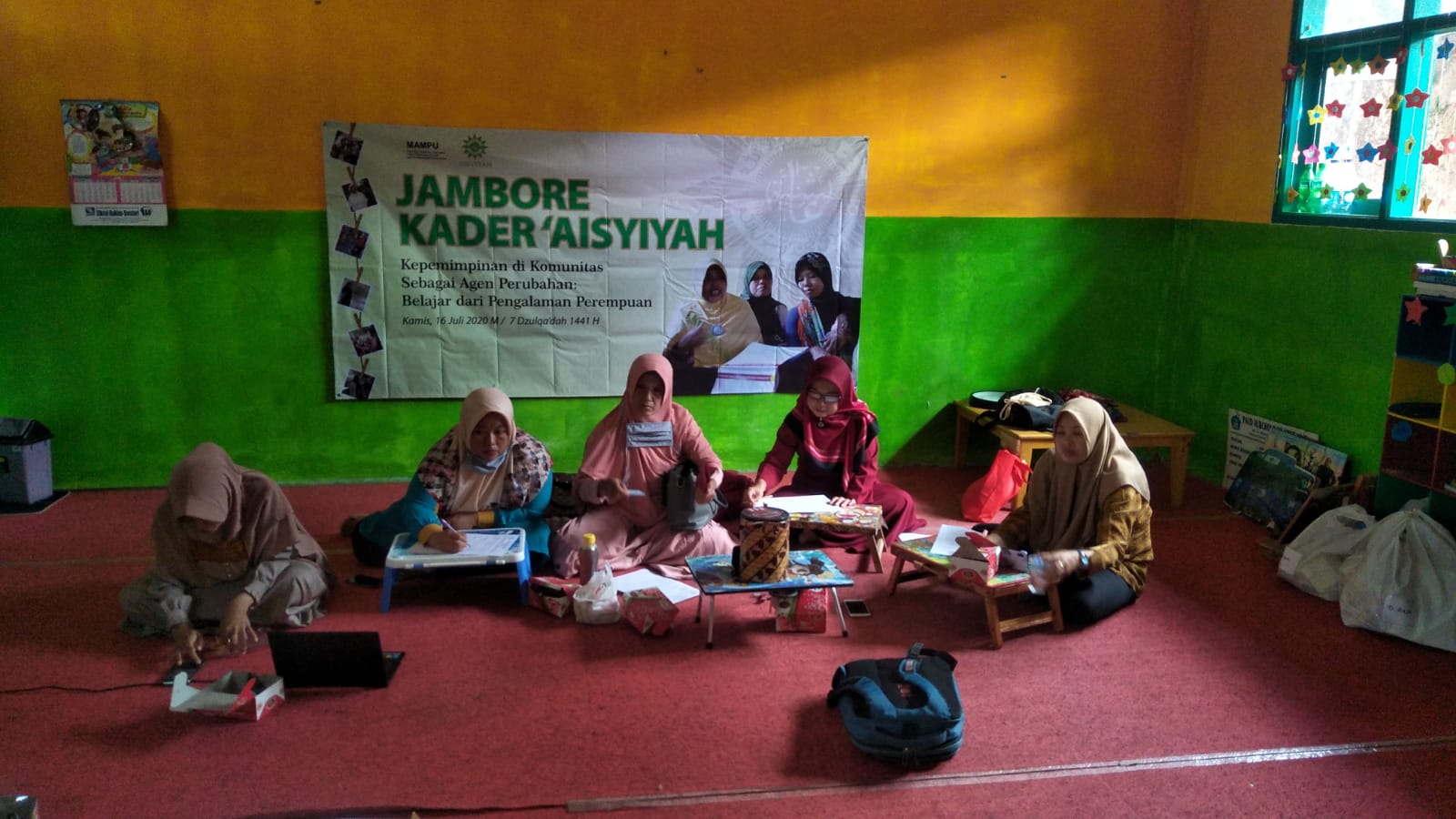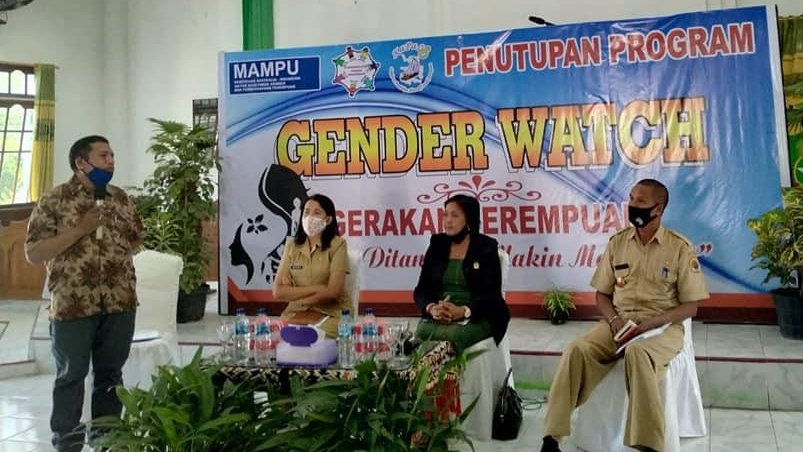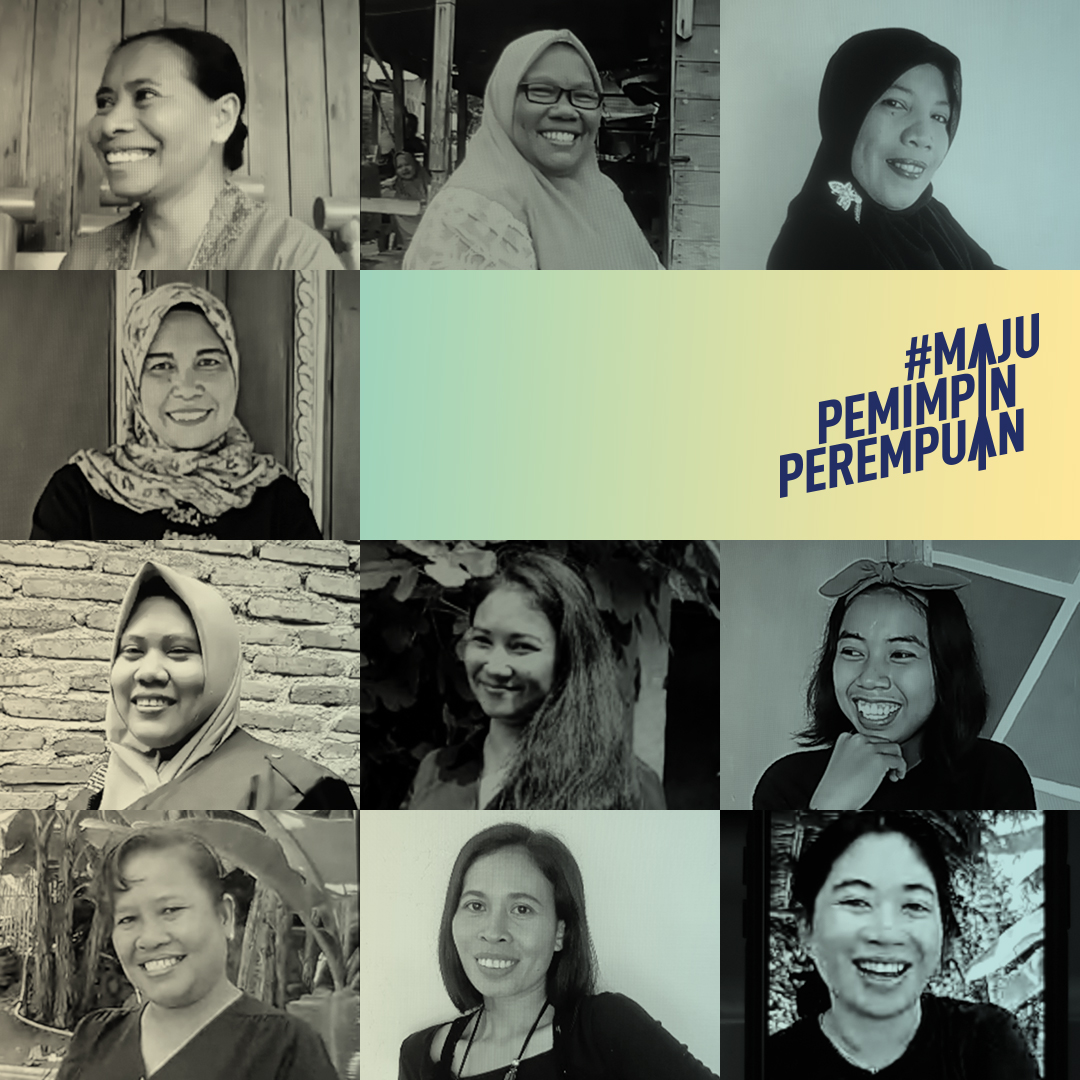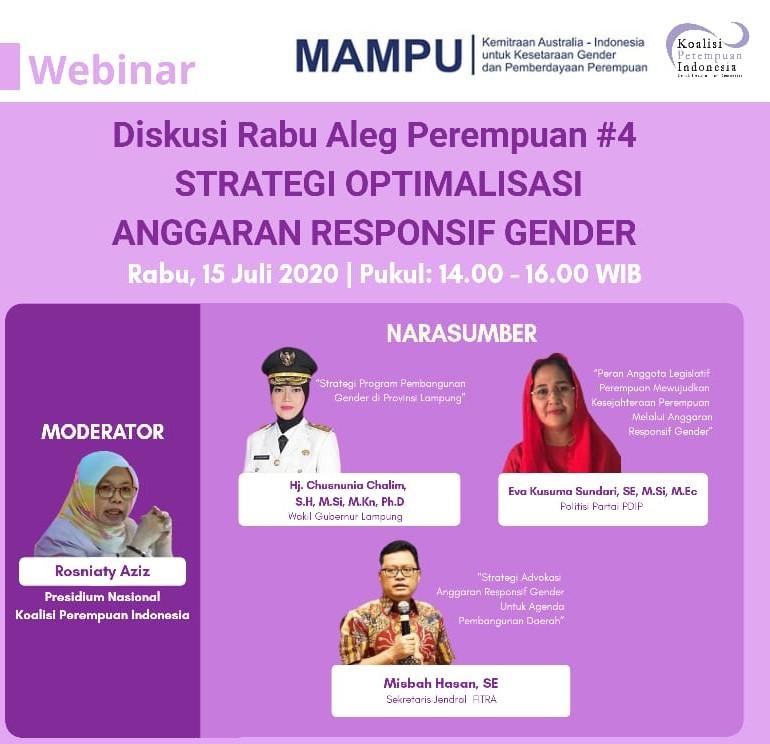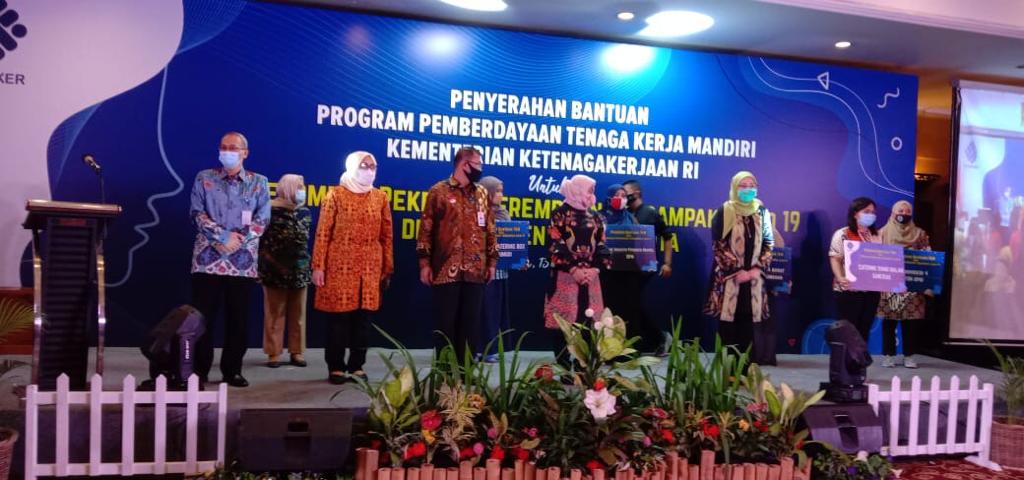Event
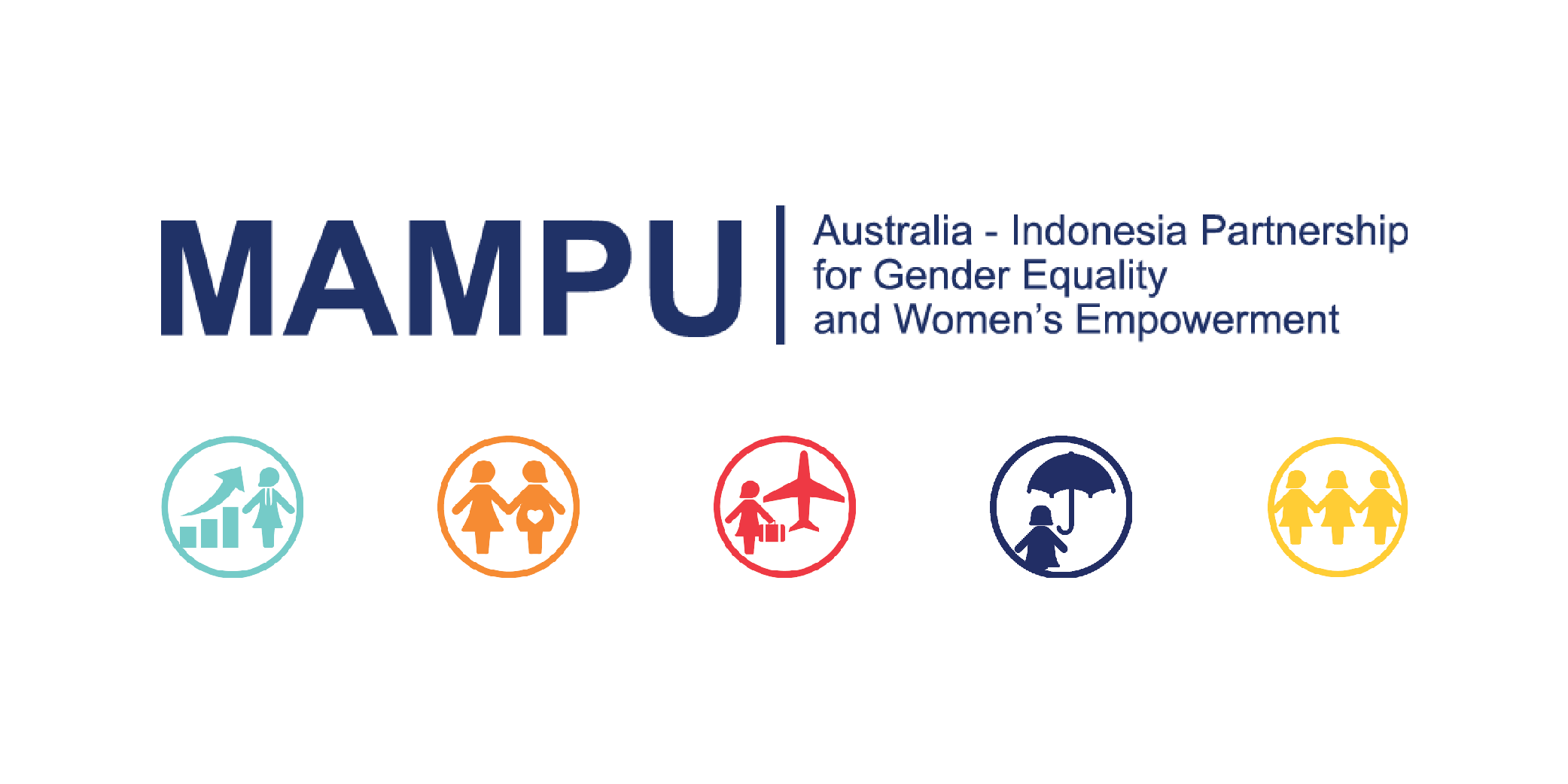
KPI Conducted an Opening Year Overview to Measure Efforts in Achieving Gender Equality
27 January 2017Author: admin
Supported by MAMPU, The Indonesian Women’s Coalition for Justice and Democracy (KPI) held a discussion entitled 2016 Reflection and 2017 Opening Year Overview: Maintaining Diversity, Democracy and Peace, a Serious Challenge for Indonesia in Bakoel Koffie, Cikini, Central Jakarta on Tuesday (24/01). This event aimed to measure efforts in achieving gender equality in 2017.
KPI Secretary General Dian Kartika Sari, , Chairwoman of Indonesian Conference on Religion and Peace (ICRP) Musdah Mulia, and academic Dirga Ardiansah were the keynote speakers. In this event, KPI said there are various areas of inequality faced by women. Some of them are political, economic and social inequality.
In politics, issues on women rights are ignored. Issues on ethnicity, religion and race are commonly highlighted. Thus, new voting law which protected women rights is needed.
In economy sector, many critics arose due to the increasing of village fund allocation within this year. However, it was seen as an advantage for women. As long as it was appropriately used, it was possible that public’s rights, in particularly women’s could be assured. It was expected that village infrastructure improvements could meet the citizen’s needs.
Related to this, Dian gave her appreciation to government for their efforts in enacting the laws that ensure women’s rights.
“There are two laws, which in favour of women, passed within this year; law on persons with disabilities and law on protection and empowerment of farmers, fishers and salt farmers. It includes protection, empowerment and household of fisherwomen,” Dian explained.
Other than that, KPI also addressed inequality on social protection which harm women.
“There is still an inconsistency of government’s social protection policy,” Dian said.
In practice, government encountered several challenges in implementing a comprehensive social protection policy. One of the examples is the implementation of the National Health Insurance Program (JKN). In this case, data collection of JKN was still not well organised which made it run ineffectively.
The social protection program paid less attention to women’s involvement. Women and people in need did not get any information about policies on social protection programs which have been implemented. Consequently, women and people in need could not actively participate in programs’ planning, monitoring and evaluation.
It was expected that these important notes on the struggles of gender equality in Indonesia can be used as inputs for future improvements.




